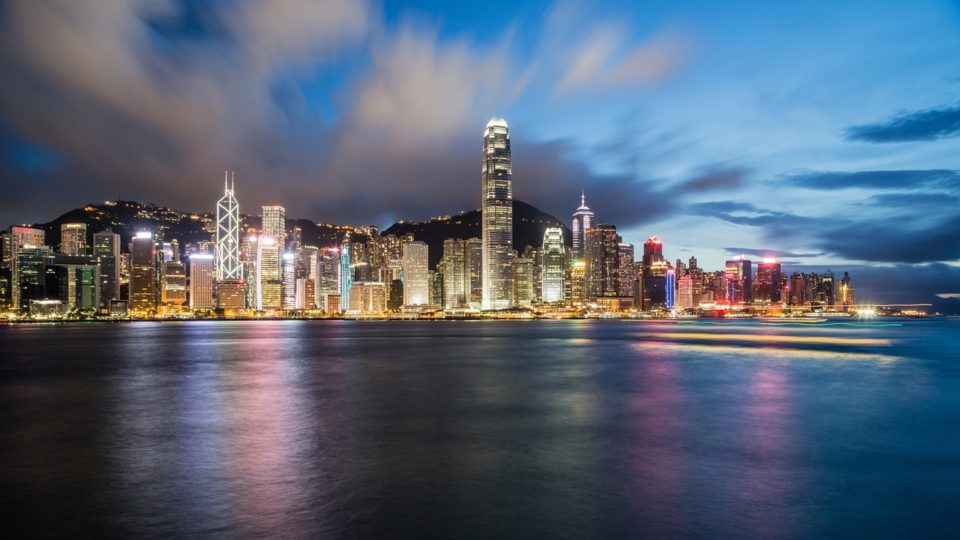Hong Kong’s wealth gap was on Friday revealed to be at its highest in nearly 50 years, with living conditions fuelling discontent in the city as it prepares to mark two decades under Chinese rule.
Sky-high prices and the cost of living outstrip many ordinary residents’ salaries in Hong Kong, with apartments becoming increasingly cramped and generations of families forced to share.
In a report that comes out every five years, the census and statistics department applies a formula known as the Gini Co-efficient to measure wealth inequality.
A Gini figure of zero indicates perfect equality, while 1.0 would be a society in which one person had all the wealth.
The department said Hong Kong’s figure climbed from 0.537 in 2011 to 0.539 in 2016, the highest since 1971.
The census department said poverty alleviation and support for the disadvantaged were “at the top of the government agenda”.
But lawmaker and social worker Fernando Cheung said the result showed life had not improved since the handover by colonial power Britain to China in 1997.
“The Gini signifies that the economic development of the past 20 years has not helped narrow the wealth gap or make our society more just,” Hong Kong lawmaker Fernando Cheung told AFP.
“Income disparity is still a main problem,” Cheung added, describing major industries as controlled by a handful of tycoons.
A string of high-profile corruption trials has led to heightened public suspicion over cosy relations between politicians and the business world.
Former leader Donald Tsang was sentenced to 20 months in prison for misconduct in February after being found guilty of failing to disclose plans to lease a luxury flat from a major investor in a broadcaster, which was later granted a licence from the government while he was in office.
He was granted bail in April pending an appeal.
In a separate case, his former deputy Rafael Hui was jailed for seven-and-a-half years in 2014 after being found guilty of taking bribes from Hong Kong property tycoon Thomas Kwok.
Hong Kong’s unpopular outgoing leader Leung Chun-ying also faces allegations of corruption over receiving a reported payment of HK$50 million ($6.5 million) from Australian engineering firm UGL before he took office.
Cheung said the increasing wealth disparity will continue to drive discontent, especially among young people.
“With limited opportunities and high costs in housing and other aspects of life, it makes the life of the younger generation very hard,” he said.




